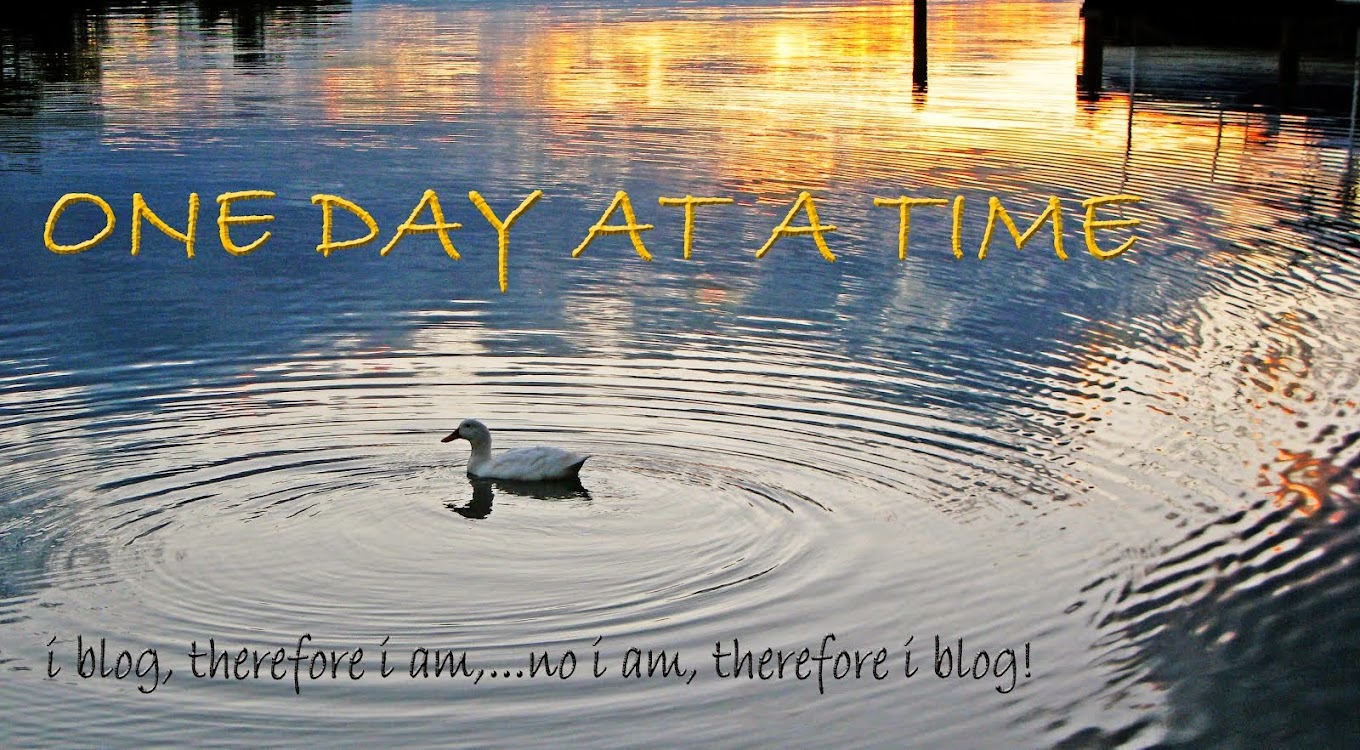There is a group of people that do not see wealth they have made or inherited or found as something that is due to them wholly because of their efforts or the result of having good genes. God may have provided this wealth as an opportunity to lead change for the better. It is a power that they can use to help those who need help because others lives did not go so well. If they do not believe in a God then they look at this wealth as a responsibility and opportunity to do something good in the world in addition to creating more wealth. These people see themselves as part of a huge tapestry of humanity. They may see themselves as a leader, but also as a part of the whole of mankind. Humanity that is good, bad, or indifferent. They want to help weave this tapestry into a better pattern and see their wealth and power as a tool in that direction. They look for problems to solve outside their daily professions or sometimes within their professions. Wealth is, of course, a hugely indefinable thing. Someone who earns $30,000 in his first job may think that driving for Meals on Wheels and paying for the gas and car maintenance out of his tight budget the least of a contribution he can make to those who do not have an income or cannot get out to get food. A man like Tom Steyer who is a hedge fund manager worth 1.6 billion sees his opportunity in funding (hugely) environmental programs to keep people on the planet healthy while fighting the corporate energy companies that do not care about climate change, even though the CEO's believe it is happening.
The second group of people are those that see their wealth as their right. It is due to them because they were born into a family of amazing hard-working and smart people. OR they got their wealth because they knew how to work the system to their benefit. They were SMART. They do not think there is such a moral measure as a "fair" deal. You win or you lose and that is your opportunity or your failure. They are part of the good gene pool and they think those in the poor gene pool cannot really be helped. It is a Darwinian view that most are poor because they are stupid, lazy or weak. The losers are drug addicts, criminals, or not able to adapt to our changing world fast enough. This second group put their money into more growth or put it away in offshore banks where the socialist governments cannot "tax them to death." They can be the man who makes $30,000 in his new job and spends a portion of that hard-earned money on a few guns to keep him safe from the "others" that do not fit into his gene pool such as that loser neighbor next door who is some weird religion and untrustworthy by his odd behavior. They can also be the billionaire who runs for office and is not interested in being part of any group...Republican or European allied network or ANYTHING. The billionaire who owes his power only to himself and never sees himself other than a leader of others. He is smart enough to decide who wins and who loses and it sure as hell is not going to be him on the losing side.
Then, of course, there are a bunch of folks in between walking the tight rope trying to balance being good with being safe and with being financially secure and with keeping someone from killing them for disagreeing with them. At least that is my take on it right now. Maybe I am oversimplifying.















